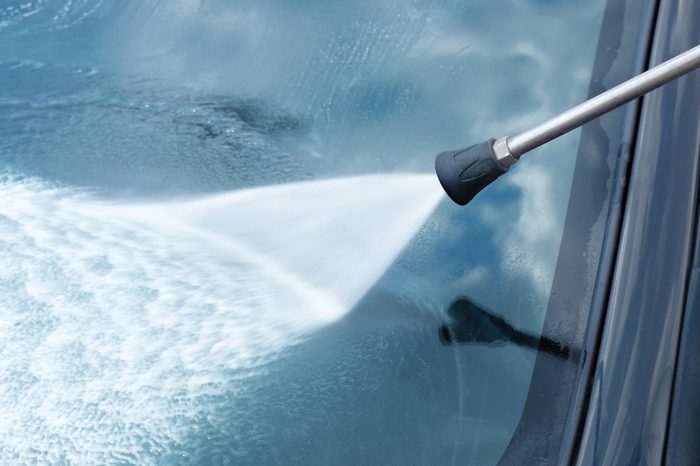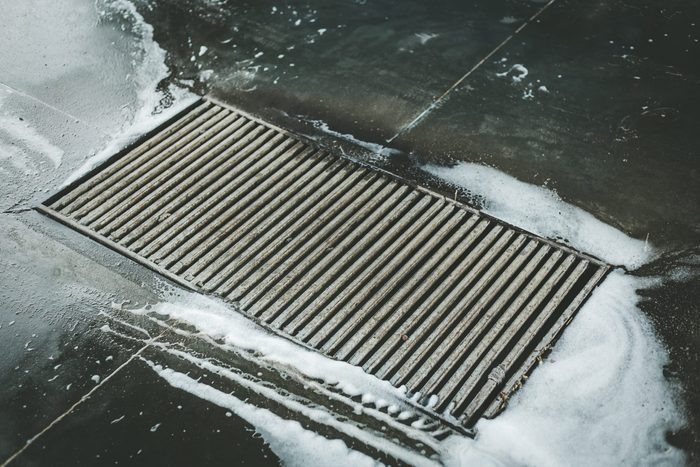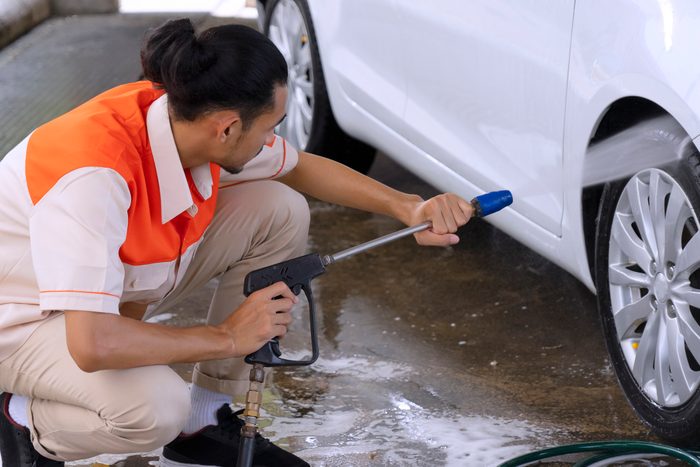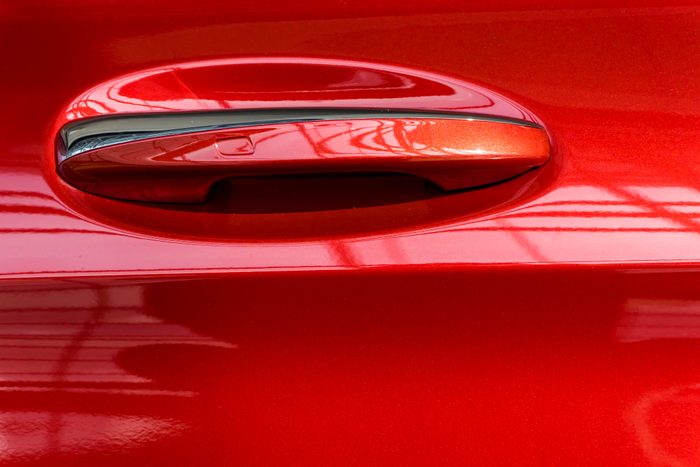Conserves Water
By most estimates, washing your car at home consumes 80 to 140 gallons of water. But an eco-friendly car wash on average uses only about 45 gallons, or about 60% less. What’s behind the water savings? State-of-the-art washing equipment distributes water more efficiently than a garden hose. And the car wash also recycles the water it uses.
Reduces Pollution
When you wash a car at home, the soap- and chemical-filled water flows down your driveway, into the sewer and ultimately into rivers and streams, where it can poison aquatic life.
An eco-friendly car wash collects that water and treats it for reuse. Most car washes employ a holding tank where solids settle. After that, some filter the water, aerate it and/or treat it with UV radiation or hydro cyclones, where centrifugal force separates impurities down to a few microns.
Avoids Toxic Chemicals
Traditional car washes use chemicals like hydrofluoric acid and ammonium bi-fluoride because they effectively dissolve dirt and grease. Hydrofluoric acid, also known as hydrogen fluoride, can burn skin and ruin your car’s finish. It’s so dangerous the Centers for Disease Control and Prevention (CDC) issued a warning about its toxicity.
An eco-friendly car wash uses only non-corrosive, biodegradable and nonflammable detergents, shampoos, waxes and other cleaning agents. In addition, pressure washers or steam cleaners are often employed in lieu of chemicals.
Uses Less Energy
Instead of cleaning with hot water like traditional car washes, eco-friendly ones go with pressurized water. It takes far less energy to pressurize water than heat it, making the process more economical for the business while reducing the load on the power grid.
Some car washes also employ steam cleaners, another economical choice. These consume about as much power as an electric heater and only draw power when in use.
Protects Employees
An eco-friendly car wash is a safer place to work than a traditional one. It uses no dangerous chemicals like hydrofluoric acid, eliminating burning hazards and health issues like bronchitis, bone damage and heart problems.
Worker safety is an important community benefit, because healthy workers are happier workers who are less likely to put a strain on local medical resources. Healthy workers also tend to work more efficiently and do a better job. That means a cleaner car for you.
Safer for Your Car
The harsh chemicals that can burn skin may also damage your car’s finish. They degrade the paint and introduce tiny scratches that collect road dust, grease and other pollutants as you drive. That means your car needs to be cleaned more often, and more exposure to those chemicals creates a destructive feedback loop.
The tools at eco-friendly car washes, especially steam cleaners and pressure washers, clean dirt out of hard-to-reach places more efficiently without degrading the paint job.
Minimizes Waste
When you wash your car at home, chances are you’ll use disposable wipes or paper towels. They usually end up in landfills, where they release greenhouse gases and even ozone-depleting CFCs as they decompose.
To protect the environment, eco-friendly car washes use reusable wipes, rags and microfiber cloths. These clean better than disposable wipes, yet another way you end up with a cleaner car.
Technology Continues to Improve
Eco-friendly car washes use cutting edge technology to minimize water waste and clean your car in the most efficient way possible. And that technology is always getting better.
Computers regulate the flow of water through high-pressure nozzles, and state-of-the-art drainage systems collect waste water and process it. As the technology improves, eco-friendly car washes achieve increasingly better results in a shorter time period with less and less environmental impact.








